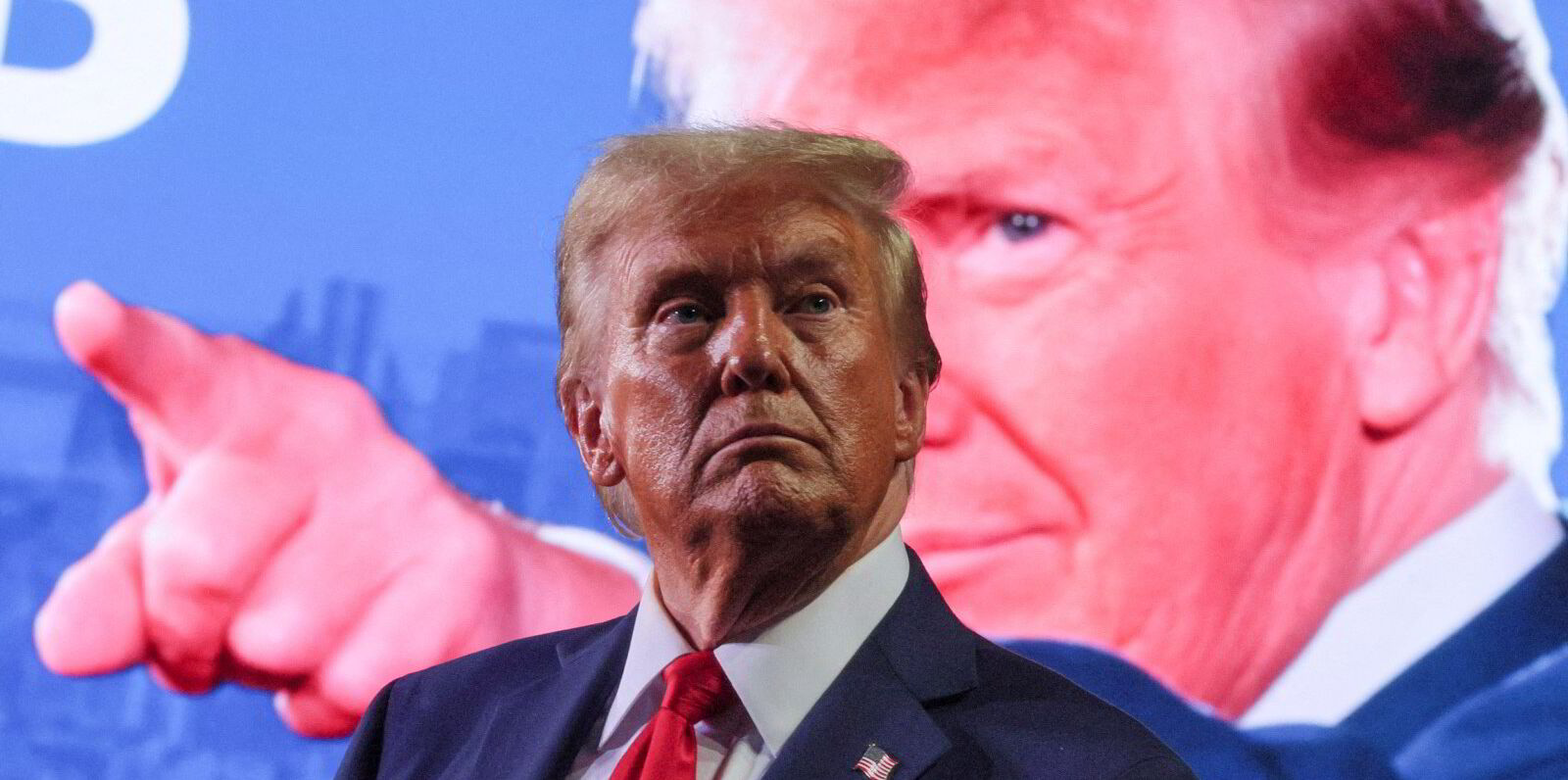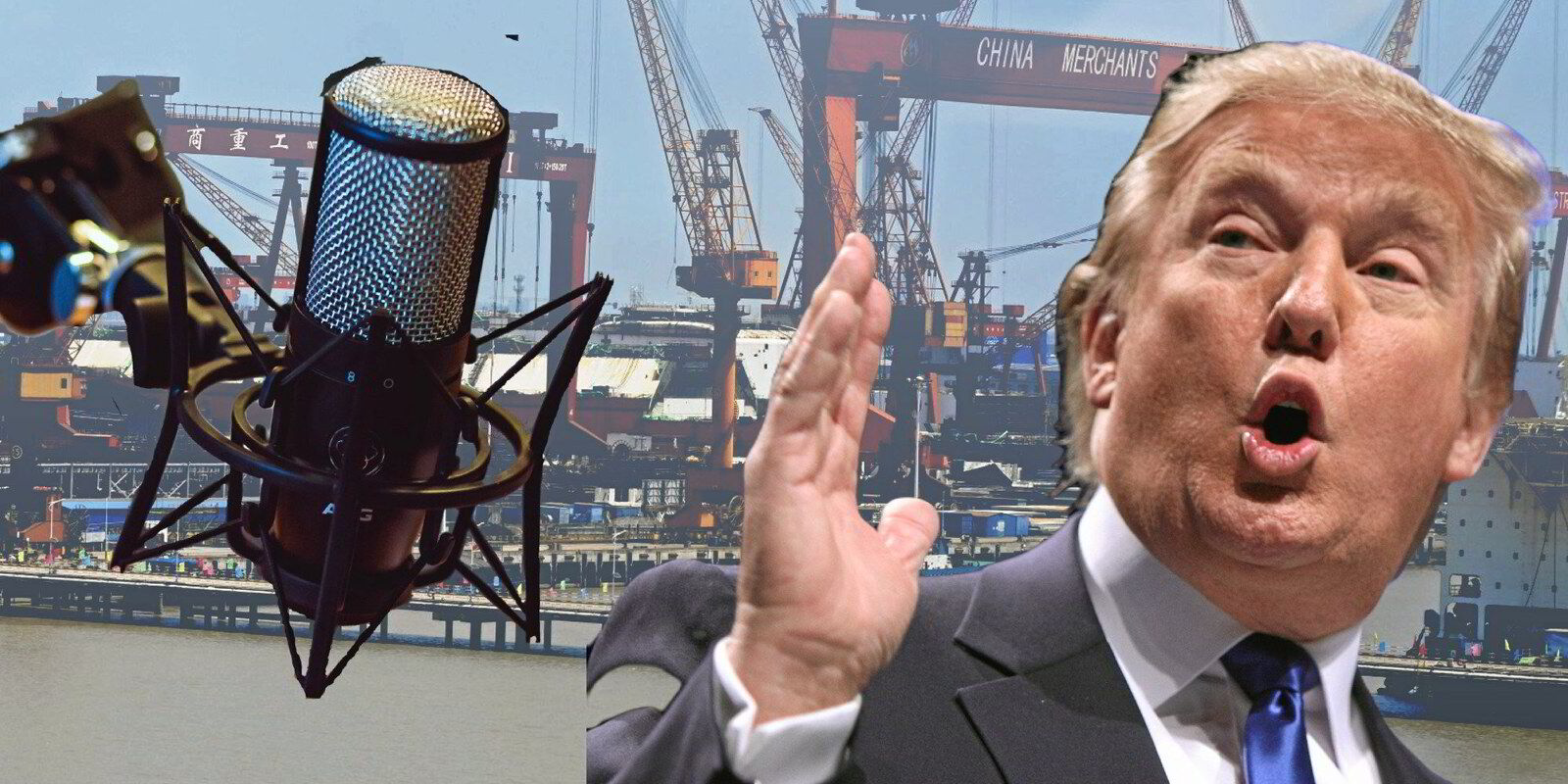Demand for commodities is likely to strengthen significantly now that the US election year is past us and is providing market certainty, regardless of the result, according to law firm Watson Farley & Williams (WFW).
Sumeet Malhotra, WFW’s Singapore-based global mining and commodities co-head, foreshadows several years of record profits for traders, on the back of robust demand.
“The elections are done, and now we know who the incumbent is, we’ve now got four years of certainty and stability within the US markets,” he told TradeWinds.
“All of the markets have headed in positive directions because of this certainty regardless of who came on board and the industry has, predictably, reacted favourably.”
Malhotra indicated that the market — including traders, mining companies, energy companies and agribusiness giants — had been investing in infrastructure, foreseeing what was to come.
“And what’s going to come is, in my opinion, a commodities bull market that’s going to last for at least the tenor of this particular incumbent.
“And if a Republican government’s re-elected in the next election cycle, then we’ll be looking at a four to 10-year commodity cycle again. Commodities bull run again. Now that’s a certainty,” he said.
Malhotra anticipates commodity asset prices to go up quite significantly in the next few years, something he suspects was foreseen by the industry.
“I suspect that a large part of the industry was betting on a Republican victory, and now that Republican victory is there, we see renewed vigour in investment within the sector,” he said.
“The commodities industry and shipping are both industries that benefit from a lack of regulation. A Republican government stands for a lack of regulation, a lack of interference in the affairs of merchants and the industry. And the industry will react very favourably to that.”
Going forward Malhotra also expects to see “real urgency” in the movement of cargoes between areas of surplus and areas of deficit.
“Missing out on those opportunities is going to mean missing out on some really lucrative paydays for these commodity traders, and they’re not going to want to miss out on that,” he said.
Commodity traders know that their industry is cyclical, he added.
“And they know that good times are here now and aren’t going to last, so they’re going to want to hastily capitalise on that as much as and as quickly as possible,” the lawyer said.
This will obviously have a knock-on effect on shipping, Malhotra outlined, as it will result in some “pretty robust” demand across certain sectors, which will “certainly” aid the dry bulk shipping sector and quite possibly amongst tankers as well.
“Rare earth and base metals, they’re going to do incredibly well as battery storage technology matures,” he said, although Malhotra added that these might have seen even stronger demand if investments in renewables and storage technology picked up following a Kamala Harris victory.
But how about coal? Can this commodity simultaneously co-exist in an environment where base metals are doing well, as energy storage and renewables are in a fairly robust place?
“Republicans aren’t particularly hot on renewables, and they aren’t known for being particularly, active in their desire to regulate the slightly more problematic areas of the commodities industry,” added Malhotra.
“With the loosening of regulations, I think coal, which was very much viewed as a sunset industry, is going to find itself in favour, however briefly, but at least for the foreseeable future.”
China tariffs
Malhotra believes that Trump’s potential plans could include tariffs of up to 20% on all imports into the US, with additional tariffs of 60% to 100% on goods from China.
“A tariff war against China is not in anyone’s interest, because all it does is it drives [US] domestic prices,” he said.
“He’s won on a platform of ‘I will make it easier for you to go down to the grocery store and get two weeks’ worth of groceries without running into debt,’ or, ‘I’m going to make things easier for Joe Bloggs on the street by going into a tariff war with China,’ which is going to have the opposite effect. Everything that you import from China is going to be six times more expensive. And that’s in no one’s interest.”
Malhotra added: “If I were a betting man, I would say there is no way for a country that spent the last 20 years outsourcing much of its manufacturing base to China would want their president to raise the prices of the goods they’re importing back into the states and selling to their own people. I simply do not see that happening.”
Chaos ensues?
Meanwhile, the strengthening of demand coupled with continuing geopolitical upheaval is still set to cause volatility and turmoil within commodity markets, Malhotra outlined.
“We’ve got stability and chaos coexisting, and that tension between these two factors… what you’re going to see is volatility,” he said.
“There’s a lot of stuff that Trump says, but one wonders whether or not there’s any interest at all in upsetting the status quo. The result of upsetting the status quo is chaos.”
But if the US goes into a phase of being relatively inward-looking and it starts to withdraw from its role of the “global policeman”, then “we are going to find regional conflicts become more and more common, which, in an interconnected world, will have global consequences”, he added.
Thereby more chaos will ensue due to the action (or rather inaction) of the new US administration even if that was not the initial aim, Malhotra believes.
Finally, in terms of the climate crisis, Malhotra admits it is too early to tell what policies this particular government will actually adopt, while recognising that regardless of who came into power, reversing the damage that has been done to the climate system within one administration would have been unlikely.
“This administration is not going to have a massive interest in reversing the effects of climate change, so I anticipate that our clients are going to see a lot more of this sort of a situation where you can’t get goods out of a port or you can’t get the ship into a port on account of a natural disaster,” he concluded.






